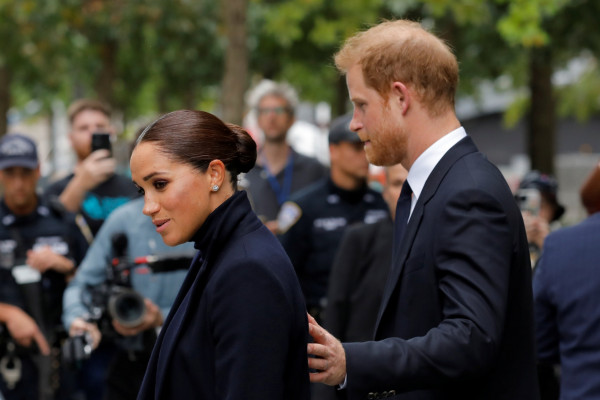Prince Harry Fights Daily Mail Publisher in UK Court Over Privacy Lawsuit

Prince Harry appeared in London's High Court on Thursday, as his legal team battled to prevent the dismissal of a lawsuit against newspaper publisher Associated Newspapers. The Duke of Sussex, along with Elton John and five other high-profile individuals, is suing the publisher over alleged phone hacking and serious privacy breaches by journalists from the Daily Mail and Mail on Sunday or private investigators working for them.
Associated Newspapers is seeking to have the case dismissed, arguing that the claims are beyond the six-year time limit for legal action. However, David Sherborne, the lawyer representing Prince Harry and the other claimants, stated that they were misled by denials made at a 2011 public inquiry by top executives from the publisher.
Sherborne explained, "Those categorical denials were believed by a number of individuals who bring claims," adding that only recent discoveries had provided grounds for action.
Phone hacking first came to light in 2006 when a royal correspondent and a private investigator working for Rupert Murdoch's News Group Newspapers were arrested and later convicted for accessing voicemails on the mobile phones of royal aides.
In court documents, Prince Harry and the other claimants detailed various unlawful activities by Mail journalists or 19 private investigators working for them between 1993 and 2011, including phone tapping, home bugging, and obtaining medical records by deception.
The publisher has always denied involvement in such illegal practices, describing the term "criminals" used by Prince Harry in his statement as "inflammatory and deeply offensive."
Judge Matthew Nicklin is not expected to make a decision on whether the case should proceed to trial for several weeks. He suggested during an exchange with Sherborne that if the case does move forward, it would be a "massive trial" lasting a "substantial period of time."
Prince Harry's presence in court this week highlights the importance he places on this legal battle. The British royal, who has been in court for three days, traveled from his California residence to attend the preliminary hearing. His attendance has drawn significant attention to the case, emphasizing his commitment to fighting against alleged privacy breaches by the media.
The outcome of this lawsuit could have far-reaching implications for both the claimants and the publisher. If the case proceeds to trial and results in a ruling against Associated Newspapers, it may set a precedent for future cases involving privacy breaches by journalists and lead to further legal action against the publisher. On the other hand, if the case is dismissed, it may discourage other high-profile individuals from pursuing similar claims in the future.














